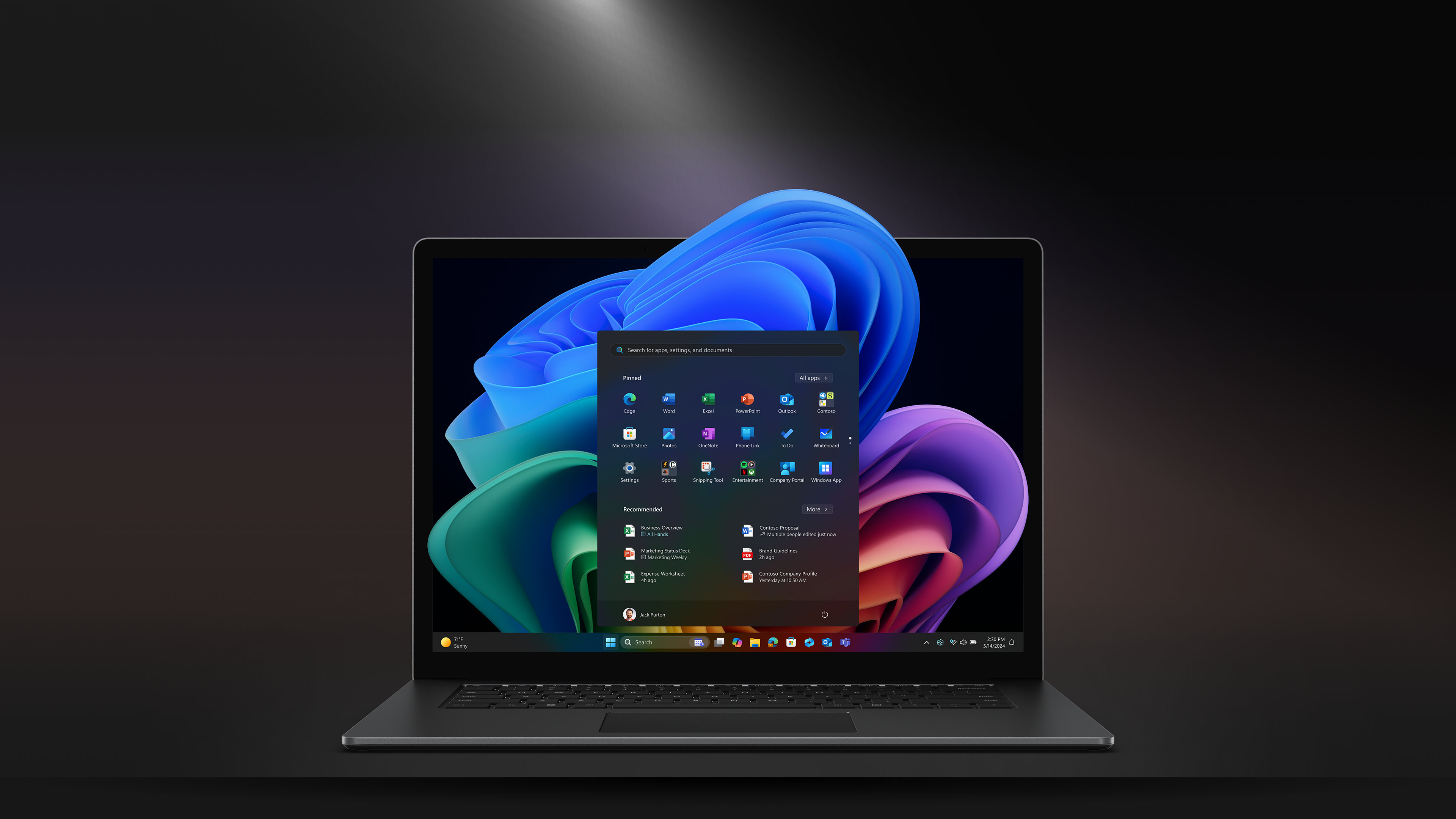In today’s technology-driven world, selecting the right operating system for your computing needs is crucial for optimizing productivity and ensuring a seamless user experience. Windows 11, the latest operating system from Microsoft, introduces a range of features designed to enhance user efficiency, security, and connectivity. However, to make the most of your investment, it is essential to approach your purchase with a strategic mindset. Here are professional insights to help you optimize your windows 11 kaufen and make a smart investment.

- Assess Your Needs and Compatibility
Before committing to Windows 11, it is vital to evaluate your specific requirements and ensure compatibility with your hardware. Windows 11 has specific system requirements, including a compatible 64-bit processor, 4GB of RAM, and 64GB of storage, among others. Conduct a thorough assessment of your existing hardware to determine if it meets these criteria. If your current setup falls short, consider whether upgrading your hardware or investing in a new device would provide a better overall experience.
- Choose the Right Edition
Windows 11 is available in several editions, each tailored to different needs. For individual users, the Home edition offers core features suitable for everyday tasks. If you require advanced capabilities such as enhanced security and support for domain join, the Pro edition may be a more appropriate choice. Businesses and enterprises might benefit from the Pro for Workstations or Enterprise editions, which offer additional features such as advanced data protection and deployment options. Carefully evaluate the features of each edition to select the one that aligns with your needs.
- Leverage Upgrading Opportunities
If you are currently using a previous version of Windows, you may be eligible for an upgrade to Windows 11 at no additional cost. Microsoft often provides upgrade paths for users of legitimate, eligible previous versions. Take advantage of these opportunities to minimize costs while benefiting from the latest enhancements and security updates. Ensure that your system meets the upgrade requirements and back up your data before proceeding with the upgrade to avoid any potential loss.
- Explore Volume Licensing Options
For businesses and organizations, volume licensing can be a cost-effective way to acquire Windows 11 for multiple devices. Volume licensing programs offer flexibility in licensing terms and can result in significant cost savings compared to purchasing individual licenses. Additionally, volume licensing often includes benefits such as access to enterprise-grade support and tools for managing updates and deployments. Assess your organization’s needs and consider engaging with a licensing specialist to determine the most advantageous licensing arrangement.
- Stay Informed About Updates and Support
Windows 11 introduces a range of new features and improvements, and staying informed about updates and support options is crucial for maintaining system performance and security. Regularly check for updates and take advantage of the latest patches and enhancements provided by Microsoft. Additionally, familiarize yourself with the support resources available, including online forums, official documentation, and customer support channels, to address any issues that may arise.
- Evaluate Additional Software and Services
In addition to the operating system itself, consider the software and services that will complement your Windows 11 experience. Microsoft offers a range of productivity tools and services that integrate seamlessly with Windows 11, such as cloud storage and collaboration platforms. Evaluate how these additional resources can enhance your workflow and contribute to a more efficient computing environment.
- Budget Wisely
Finally, budget wisely to ensure that your investment in Windows 11 aligns with your financial considerations. Factor in the cost of the operating system, potential hardware upgrades, and any additional software or services you may require. By planning and budgeting effectively, you can make a well-informed decision that maximizes the value of your investment.
In conclusion, optimizing your purchase of Windows 11 involves careful consideration of your hardware, software needs, and budget. By assessing compatibility, choosing the right edition, exploring upgrading and licensing options, staying informed about updates, and evaluating additional resources, you can make a smart investment that enhances your computing experience and supports your professional goals.
 icons at the top right corner of the subsection.
icons at the top right corner of the subsection.